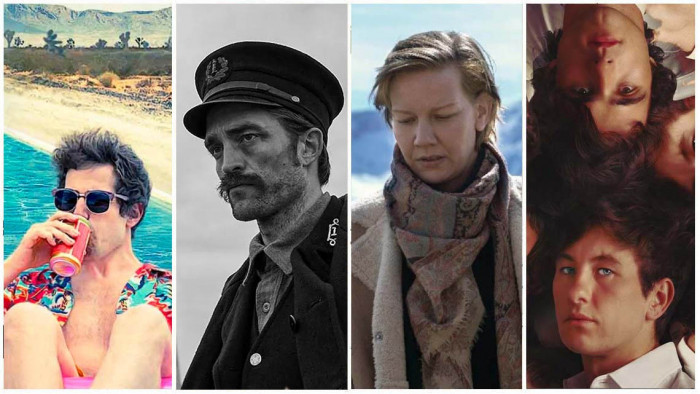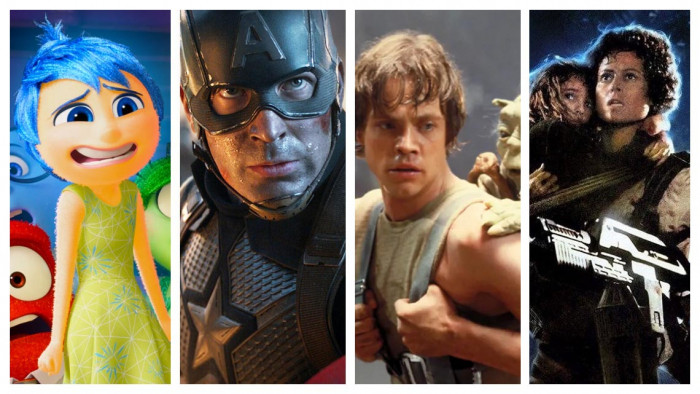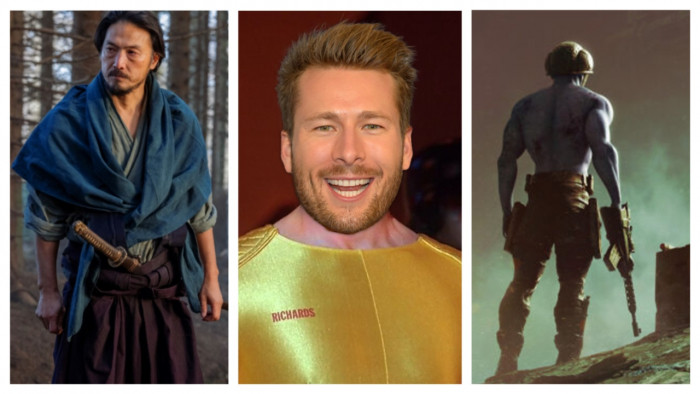Kazuo Ishiguro Talks Zuckerberg, Game Of Thrones And His New Novel
Kazuo Ishiguro Talks Zuckerberg, Game Of Thrones And His New Novel


Kazuo Ishiguro’s last novel, Never Let Me Go, was published when Justin Bieber was 10 and Revenge Of The Sith hadn’t even been released. The proceeding decade has seen the writer take on film diversions (he was executive producer on the film adaptation of his Booker-winner), rewrites after his wife was unimpressed with early drafts, a collection of short stories (Nocturnes) and the job of penning lyrics for jazz singer Stacey Kent. It’s been a long road, but The Buried Giant, one of the year’s most anticipated novels, has just been released, and with it the inevitable raft of impending award nominations and critical praise. The 60-year-old author reveals why it took so long, and why he’s been holding off watching Game Of Thrones…
The Buried Giant is set in an unspecified time after Roman Britain. Was this a period you were familiar with?
Not really. I was looking for a territory I could retreat to that was slightly neutral. Almost every country has something in its past it’s buried, usually for very good reason. Take the treatment of African-Americans in the US – you could argue that perhaps the fact that people haven’t faced up to it properly keeps leading to all these eruptions. But then, you could argue that if you keep going back over everything, and trying to address every atrocity, it’s just going to make it worse, and it might be better to just pretend everyone got on really well. It’s a difficult one – there’s no easy answer. So, by going into this semi-mythical, semi-historical period, I felt I’d be able to talk about these things without people thinking it’s specifically about a certain country.
The novel includes ogres and dragons. Did you enjoy writing the fantasy side of it?
I did. I wasn’t sure if I would enjoy that kind of thing – I was slightly nervous as it was not territory I’ve entered before – but I made clear rules for myself. It wasn’t going to be some sort of fantasyland where anything was possible. I was going to confine the fantastic to things people of that time could conceivably believe in. Today we’d call them superstitious, or non-scientific. But if it was conceivable that people could believe in ogres or pixies, then I’d allow that. That was my guiding principle – it wasn’t going to be where any strange thing might happen. No Tardises or anything.
Fantasy remains a hugely popular genre – what are your thoughts on Game Of Thrones?
I haven’t seen or read it. I’m sure I’d like it. I’m a huge film fan, but I haven’t quite moved over to watching these massive television series. It’s partly a time problem, but I have the first season of Game Of Thrones on box set. And, partly when I was writing this, I didn’t want to be affected, so I feel I can look at Game Of Thrones now.
Did any films influence The Buried Giant?
The important ones were western movies, Samurai movies and Samurai manga. It feels natural to me to think in terms of Samurai warriors. I particularly like westerns – John Ford’s The Searchers, and revisionist westerns made by people like Sam Peckinpah. The figure of Gawain in the book – a lonely rider caught in a vast landscape, but oddly self-sufficient – I got that from westerns.
Did any music inspire the book?
I listen to a lot of music, but never when I write, partly because I can play music, so I can’t blot it out. Music doesn’t directly influence my writing, but it can trigger things. I often hear soundtrack music while I’m constructing a scene. And it’s frustrating that you can’t literally have music while you read. Maybe with ebooks we’ll get to a point where you have words and music.
What would The Buried Giant soundtrack include?
I wouldn’t mind an Ennio Morricone soundtrack behind some of the duel scenes. I want the fight scenes to be stately and formal, not undignified skirmishes. But if I had to invent an ideal background music to the book, it wouldn’t be folksy and old, it would be avant-garde and modern, and slightly jagged. I wouldn’t want penny whistles and Irish bodhráns.
You scrapped your first draft after your wife said it “just wouldn’t do”. How did you feel?
Not very good [laughs]. But I’ve often scrapped things. Never Let Me Go I scrapped twice, so I never think it’s scrapped forever. [With The Buried Giant] I’d written about 40 pages, and my wife said, “A lot of this is very interesting, but the language is terrible. Particularly, the way the characters speak to each other is just laughable. So you can’t just change little bits here and there – you’re going to have to go back and start from scratch.” It’s not the greatest thing to hear, and I didn’t have the energy to start again, so I put it aside for a while.

Would you ever consider writing a different genre under a pseudonym, JK Rowling-style?
I can’t think of a book I’d write to which I wouldn’t want to put my name. I don’t quite get it. I know that a lot of writers do this – John Banville uses a pseudonym when he writes his crime novels. I don’t know why he doesn’t just use his real name, as more people would probably pick up the books. You could argue that some of my books have been promiscuous with genre – Never Let Me Go was sci-fi, and The Buried Giant is, well, I’m not sure it’s quite fantasy… but the books do move around, so it’s important to keep my name as a staple factor, otherwise, it’s difficult for people to see the sequence.
What do you think about Mark Zuckerberg’s Reading Club?
Well, there’s probably some ‘pro-Facebook’ reason for doing it, it’s probably a shrewd move, but it is a good thing. Reading is a good thing in that it allows people to go to an inner point in their heads, and it’s good to do that. You lose your ability to do that. But what I want to protect is the story as it’s presented in any particular form. I won’t necessarily be thanked by people in the book world for saying that, but as long as people are able to communicate to each other through storytelling in some kind of way, whether it’s through films or games, TV series, graphic novels or something new that will turn up on our devices, because there’s bound to be new ways of telling stories on these machines.
What’s the worst piece of writing advice you’ve received?
‘Write about what you know’ is the most stupid thing I’ve heard. It encourages people to write a dull autobiography. It’s the reverse of firing the imagination and potential of writers. But no one’s ever said that to me, oddly. The one piece of publishing advice I ignored, and I’m glad I did, was after my first novel. People told me I must get my second novel out within two years. But I just couldn’t get my second novel finished in time, and there was a four-year gap. It was much better, and a breakthrough book for me – it established my career. So since then I’ve happily ignored this business about gaps between novels, and they are getting bigger and bigger [laughs].
What are you working on next?
There are two genres I’ve been researching: one is the thriller, but not like a police procedural. I prefer thrillers without any professional people in: no professional cops, no professional gangsters, no professional detectives. I prefer stories where ordinary people get sucked into dark things. And I’ve been looking at screwball comedies of the Thirties.
The Buried Giant is out now, priced £20 (Faber)
(Photography: Neale Haynes)
Latest
Related Reviews and Shortlists


The 10 best war movies of the 21st century








